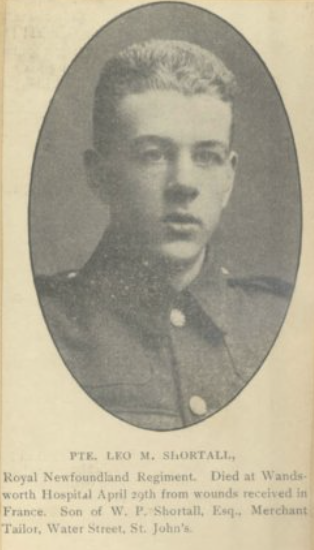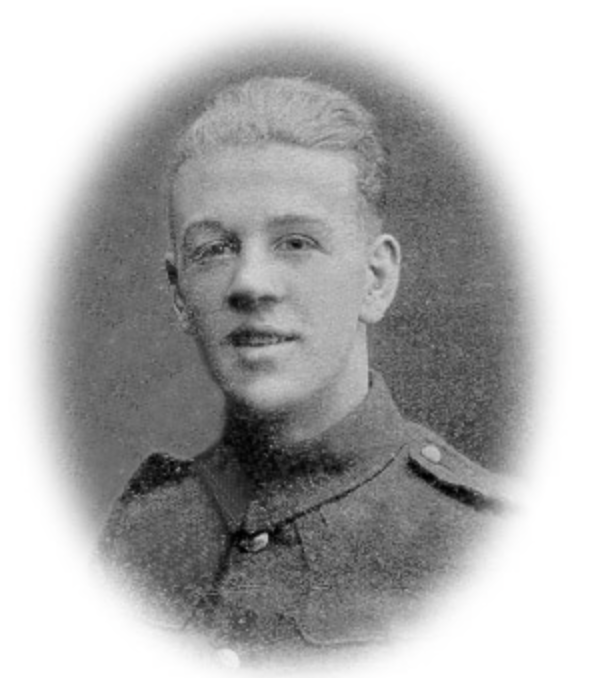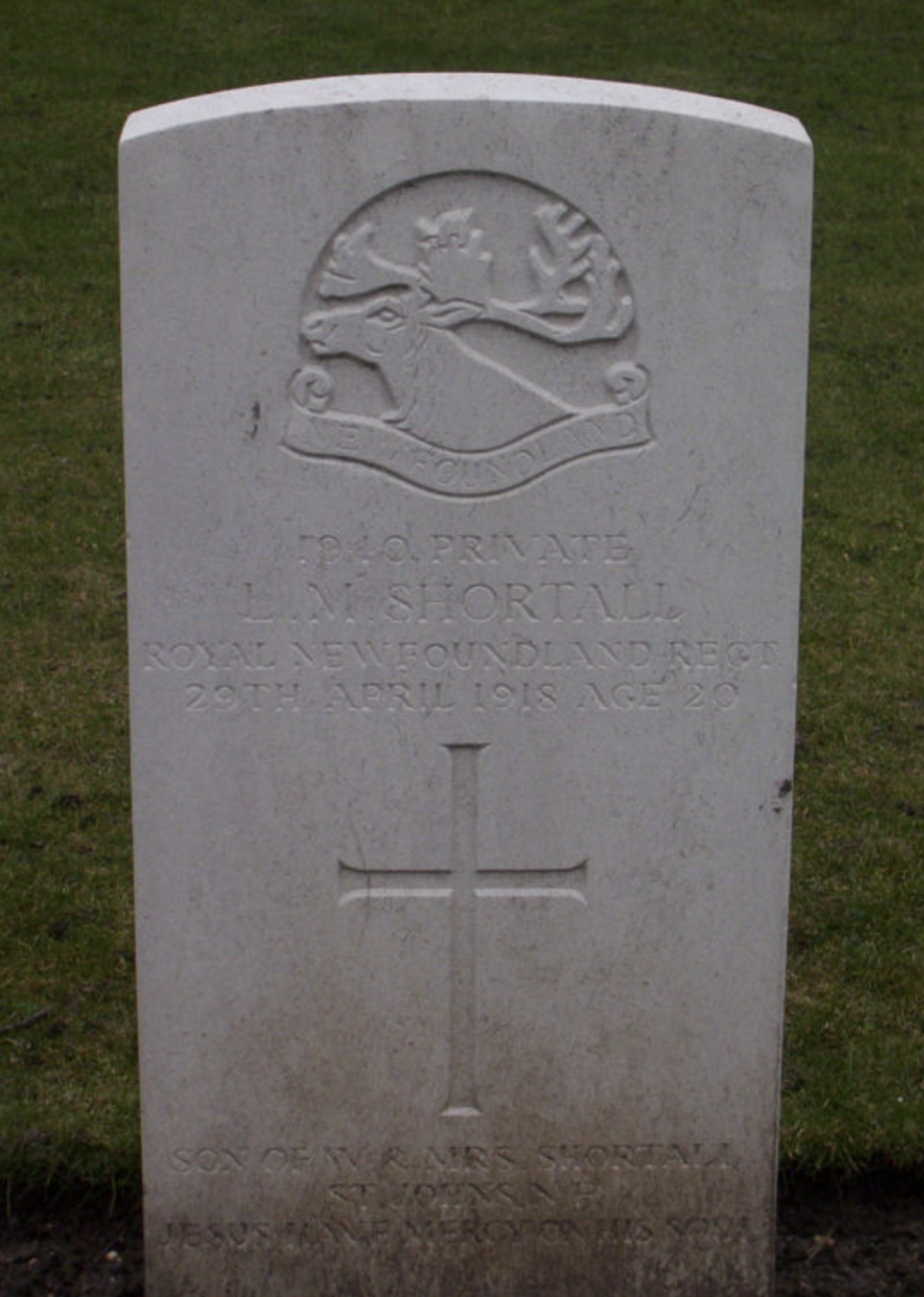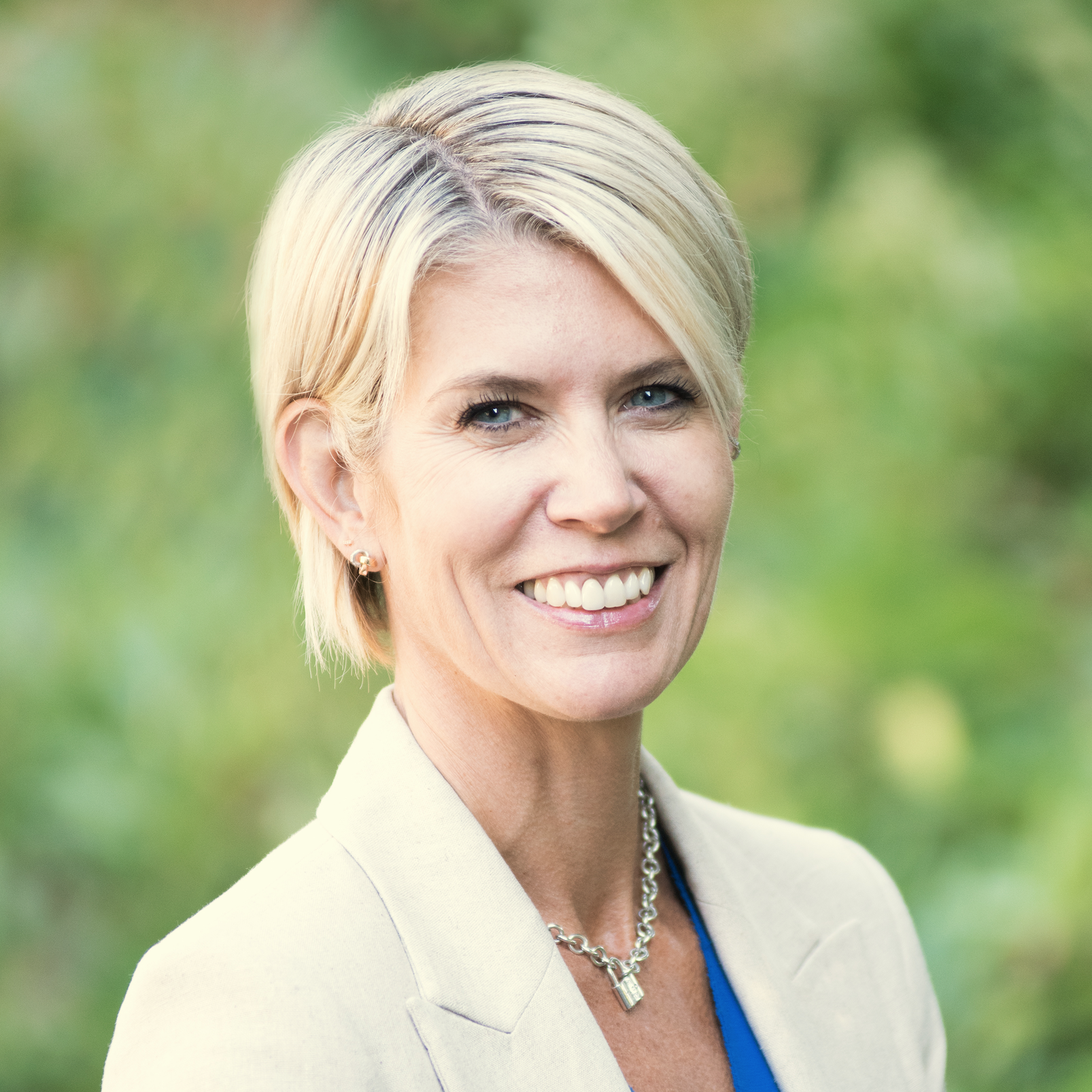Leo Shortall had just turned 17 when he presented himself at the Church Lads' Brigade Armoury in St. John’s, the capital of the Dominion of Newfoundland, on October 23, 1915, for a medical examination. Unbeknownst to his parents and siblings, young Leo was declared fit for service. Just four days later, he proudly enlisted in the Newfoundland Regiment at the private soldier’s rate of one dollar per day. Although the exact date of his departure is unclear, records suggest that within a few months of enlisting, Leo left Newfoundland to join his regiment overseas, leaving behind his family and the only home he had ever known.
In April 1917, the 1st Battalion of the Newfoundland Regiment was called to action during the Battle of Arras. Their role began on April 14 at a small village called Monchy-le-Preux and concluded ten days later, on April 23, just a kilometre away at Les Fosses Farm.
The assault on Monchy-le-Preux would become one of the most devastating days for the Regiment since Beaumont-Hamel. Poor planning and fierce resistance led to 487 casualties in a single day, April 14. Despite the losses, the bravery of the young Newfoundlanders shone through. That day, the Battalion earned a Distinguished Service Order (DSO), a Military Cross (MC), and eight Military Medals (MMs), awards granted to just nine individuals.
Among the wounded was Private Leo Shortall. Just 18 years old, he was seriously injured during the fighting on April 14. Two days later, on April 16, he was evacuated to the 87th Field Ambulance with multiple injuries to his abdomen, pelvis, left thigh, and legs. That same day, he was transferred to the 41st Casualty Clearing Station at Agnez-les-Duisans. On April 21, he was moved again, this time to the 13th General Hospital in Boulogne, for further treatment.
Private Shortall was my great uncle, the beloved older brother of my dear grandfather William Joesph Shortall. Uncle Leo’s story is one of courage and sacrifice, emblematic of the many young Newfoundlanders who served with honour during the First World War. It is also a story of unthinkable heartbreak. According to our family lore, my great-grandmother, Hannah (Aylward) Shortall, died of a broken heart in 1920. She had already left the island of Newfoundland, undertaking the beginnings of the long and difficult transatlantic journey in hopes of reaching her son, Leo, in his hospital bed in Boulogne. But she never made it in time. According to family lore, the loss was something she never recovered from, and she died of heartbreak in 1920.



Source: The Rooms, St. John's, NL
I’m writing this latest spin on November 11 to help ensure these stories aren’t forgotten. In my family, the service of my great-uncle, Leo Shortall, and my adored grandfather, Claude Fiander, have shaped how my family understands remembrance. I wrote about my grandfather in an earlier post, Zooming into Beauty, and today, I’ll be standing at our local cenotaph, reflecting on the sacrifices made by those who served, sacrifices that continue to shape the freedoms we live with today. I will hold that parade feeling, the lump in my throat and the tears, as I listen to the Last Post. I’ll wear my poppy, even if it leaves a hole in the delicate fabric of my coat, because the weight of that small red flower isn’t in its fabric, but in what it asks us to remember.
The weight of the poppy should feel heavy. Each November, we pause to honour those who served, but remembering that the origins of this tradition are rooted in the aftermath of unthinkable loss. The poppy became a symbol of remembrance after the First World War, inspired by the red flowers that grew over the graves of fallen soldiers in Flanders Fields. For my home province, Newfoundland and Labrador, and my family the cost of that war was especially profound. Then a dominion of the British Empire, Newfoundland suffered devastating losses, most famously at Beaumont-Hamel on July 1, 1916, when the Newfoundland Regiment was nearly wiped out in a single morning.
But the grief didn’t end on the battlefield. It rippled through families, communities, and generations. My great-uncle Leo Shortall was one of those young, brave men who answered the call. His story, like so many others, reminds us that remembrance is not just about history, it’s about the people who lived it, and those who live on to carry the weight of their absence. It is about the weight of holding peace and ensuring that we protect the ethos of care, respect and reverence in a complex world that moves quickly and reactively.
As an educator, I have the privilege each year of attending Remembrance Day assemblies. Just last evening, my dear friends and I were reflecting on that privilege in our profession. We spoke about the profound impact and beauty of watching children and young adults lead these observances, wearing their poppies as quiet commitments to safety, kindness, and peace in both their present and future lives. Yesterday I attended two assemblies, one at Sentinel Secondary and one at West Bay Elementary. That parade feeling was running strong in my soul as I was moved by the words of the students as they wore their poppies, honoured the fallen and reflected on the future they hold.
Wearing a poppy opens the door to conversations about the fragility of peace, the importance of remembering, and the important role we all play in shaping the future. Its powerful weight is felt most in moments of silence and reflection, alongside the reminder of how meaningful the choices we make in our current lives truly are. While this small flower carries generations of stories, of grief, hope, and courage, its true power is not in its delicate petals, but in the choices we make to do better for one another and for the world we continue to build together.
Author's Note:
In the spirit of author integrity and transparency, my AI thought partner helped with revising and reworking parts of this spin to assist with publication timing and efficiency. The purpose of today's spin was to recentre the importance of Remembrance Day observances, wearing a poppy and taking quiet moments to reflect on your why as we receive the gift of pausing in Canada on November 11th.




